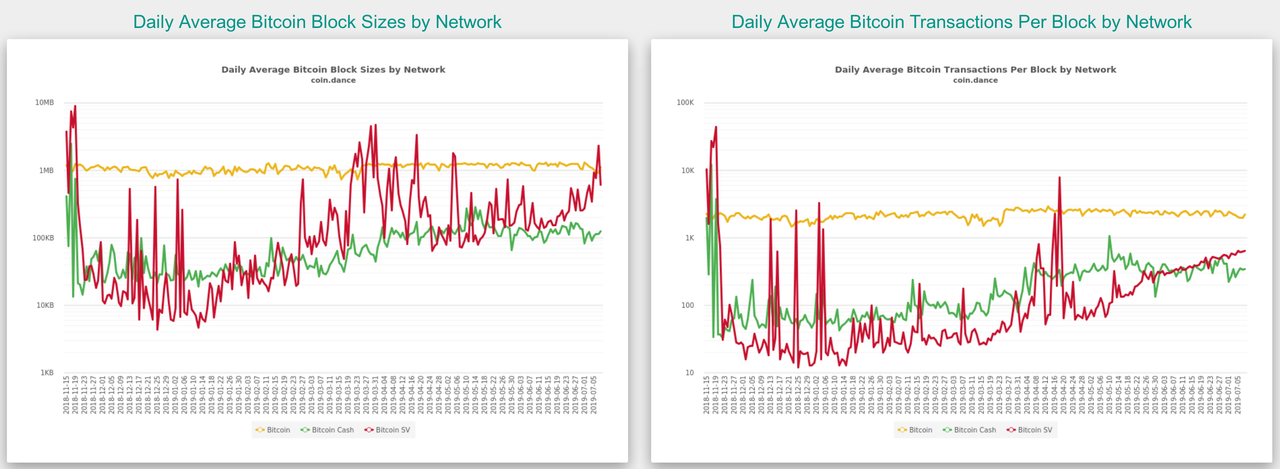he said he was going to prove he was Satoshi in court. he's actually doing the opposite by the inconsistencies in testimony. for example, he said he was going to crash the btc market next year but then turns around and said all btc will go to charity. which is it? he's creating more doubt than anything, to my mind. given the norm to prove ownership of BTC to date is to sign with the private key, why won't he do this publicly given he's supposedly done it in private multiple times already ? the goodwill and fulfillment of what mostly the crypto community and others have considered to be a standard of evidence would propel the BSV price significantly, imo. so what he gains is profit. that should be enough. what he loses in personal security is minimal since he's been claiming to be Satoshi for years now and everybody knows Satoshi owns alot of coins, so he's already put himself at risk.
I don't think there is inconsistency in testimony, I think he's revealing piecemeal that the plaintiff's don't actually understand what is going on. In doing so he is building credibility that he knows the ins and outs of everything that went on at inception, and that this is a fishing expedition. (Ira isn't denying he is satoshi, and I think progression of the case with that assumption at its heart merely cements it in the public eye. The non-"cryptoproof or gtfo"-interested public, that is.)
If you are naive enough to believe that he won't perjure himself (I am that naive yes!), then you tend to take everything he says at face value. Multiple trusts and multiple schemes, and multiple slices - novel encryption schemes, with the earliest coins. Knowledge of the multiple involved parties, organisations. Occam's suggests he's just recounting facts.
There is no reason at all to give Ira's side *any* help at all (bar that ordered by the court). I think that answering with the minimum detail to satisfy the court seems like perfectly sensible strategy during discovery. Let's not forget this is not yet the trail. Let them get to that with the weakest hand, then play your aces!
Whilst I accept that cryptographic proof is very robust, I'm in the "proof of possession of keys" camp, not "proof of satoshi".
Now, since hearing about exactly how things are secured, a demonstration of this SSSS key slice reconciliation and address generation process *as well* as signing, would in the end be even more robust proof to my mind than a simple signed message. I don't think that will come any time soon though.
I cant recall exactly the quote about crashing BTC market, but I do recall words to that effect. Maybe and idle threat, maybe part of a longer game - (has the hash war been won yet - many would have you believe its over - finite vs infinite game anyone!).
I do know that in his court testimony that he uses the phrase "the bitcoin" to refer to the coins he wants to use to fund these charities. He believes, and quite often re-iterates Bitcoin is BSV. So I think he is talking about the million+ BSV that he owns. (This also ties in with him later talking about working as hard as he can to make it worth as much as he can - he's talking about making the BSV worth more). None of this precludes him dumping the BTC he holds - to crash the market or otherwise - the public declaration (in the face of SEC regulations about such things) is also consistent with that theory. Whatever he does, I don't think it will be rash.
I think mostly this has been a stalling game, whilst he waits for the bonded courier to happen or not. Would have been preferable to wait for that I would think, but circumstances have forced his hand.
[doublepost=1562581391,1562580282][/doublepost]
Yeah right /s
I think somehow the court was still not convinced.
The court operates on the premise that the witness is under oath.
CSW explained at great length the details of each trust, the m-of-n access slices required.
Which part of what the court said makes you think that they were "not convinced"?



